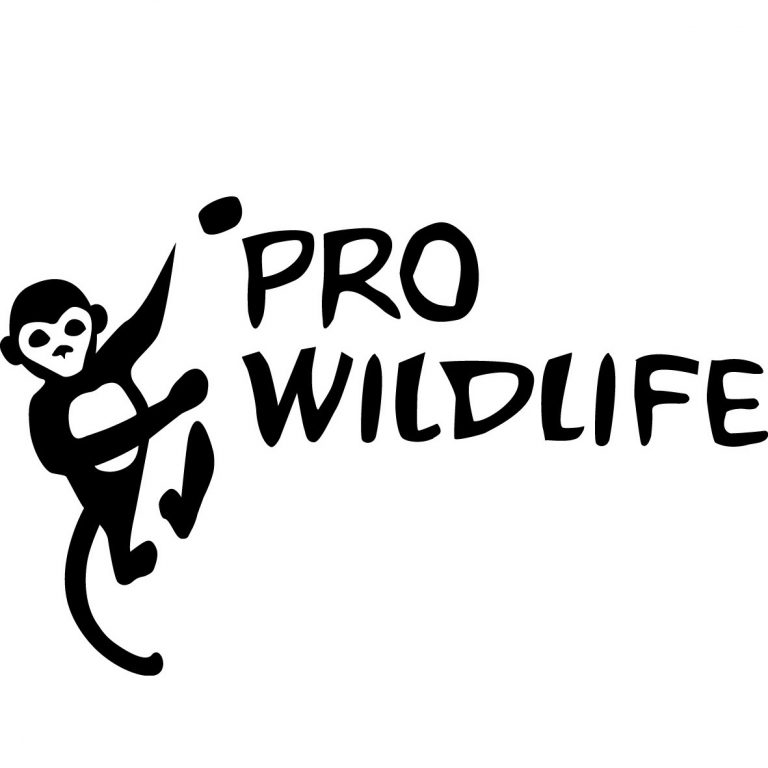Munich, Germany
Pro Wildlife was founded in 1999 by biologists, veterinarians and others interested in nature and conservation issues. Its mission, according to its website, is to ‘improve the protection of wildlife and their habitats in Germany and around the globe’.
Pro Wildlife is active in both the International Whaling Commission (IWC) and CITES. It is also a member of the international Species Survival Network (SSN) and the Deutscher Naturschutzring (DNR).
Pro Wildlife works with sanctuaries and animal protection projects, which ‘rescue, return to health and protect species that suffer from or are threatened by poaching and wildlife trafficking’. For example in Zambia, where it partners with Game Rangers International to rescue and care for orphaned elephants. Pro Wildlife is also involved in projects that ‘protect wildlife habitats and which educate people in the ways and means to curb wildlife trafficking and poaching’.
More controversially, Pro Wildlife funds undercover investigations and raids against suspected animal smugglers. It is especially focused on and is hostile to the legal and illegal ivory trade. In its 2109 annual report, Pro Wildlife celebrated the fact that at CITES’ CoP-18 ‘all attempts to free up the trade in rhino horn and live rhinos experienced a gratifyingly clear defeat’. Pro Wildlife also opposes all commercial whaling and dolphinaria.
Leaders
Andrea Höppner, CEO
Governance
Small Board led by Andrea Höppner
Finances
According to its website, on December 31, 2019, Pro Wildlife had assets worth Euro 1,188,646.35.


